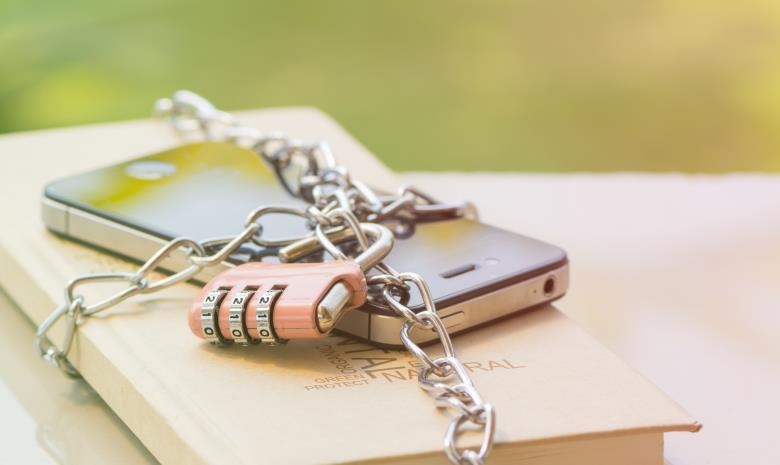
Now, I wouldn’t go as far as saying it was a life changing experience but I for sure noticed a couple of things during the week (and after reading over my diary).
Hi, my name is Lauren and I’m a mobi-game-and-app-aholic and my manager decided to strip me of my phone privileges during work hours. While there were some really dark moments (which you can read about here), there were a few lessons learnt too.
Now, I wouldn’t go as far as saying it was a life changing experience but I for sure noticed a couple of things during the week (and after reading over my diary):
1. I appeared to be a lot more productive.
During work hours, I would spend more time at my desk. Not being able to any games, I continued working without my usual short breaks. And not being able to collect special coins and other free goodies, I stayed focussed on a single work-related task for longer too. I never knew long term concentration was possible. I previously believed I was too drained and needed ‘a quick break’ too often.
With no notifications breaking my thought process, I really was a lot less distracted.
2. I went to bed earlier at night.
(It may just be coincidental but) I went to bed and fell asleep a lot earlier than usual. Usually, I’d fall asleep after finishing a few stages of my favourite games but throughout the week, the urge was no longer strong.
Because I’d become more impatient, I was unwilling to wait for each games' loading screen nor each stage’s intro and outro.
3. I started thinking less and less about my phone as the week drew to a close.
I surprised myself with this one. I thought my withdrawal symptoms were going to get worse but by Wednesday, I started complaining a lot less in my diary. By Thursday, I caught myself not only not freaking out about needing to open a game, but actually completely forgetting about it.
4. I still don’t Snapchat as often.
I’ve never taken selfies, but after being introduced to Snapchat, I religiously took new face-filter selfies every day. However, even after Day 5 ended, my fascination had waned to the point where I don’t take any new selfies. I also rarely open snaps from friends and celebs I follow - every 2 hours became every 2nd or 3rd day!
5. I’m embarrassed about my #firstworldproblem rants
Reading over my diary, I realised how often I complained about very silly things. I’d become annoyed at being unable to share pop culture gossip instantly, about never being first in coffee queues, about not being able to do a hair check using my phone’s front camera, and also getting frustrated because everything I needed was too far (as in too far to go without my phone).
6. I realised I don’t have to respond to every text immediately
On the first day, I spent my lunch break replying to WhatsApp texts and as such, was completely anti-social with my lunch buddies. After laughing out loud (at a funny text) for the second time, I realised my bad manners and was more mindful the following day.
At the same time, I realised that my contacts didn’t feel neglected and I never missed any emergencies - even when I didn’t immediately reply to every notification. I now know that a) if it’s important people will find alternative channels to reach me at work and b) people are generally unfazed by a delayed response. I’ve been unnecessarily worried about potentially inconveniencing others.
Even the one time my family tried to get hold of me in an "emergency," it wasn’t even as urgent as they initially made it out to be. I received an email from my sister with the subject line: “Where are you? Parents are looking for you.”
Immediately, I phone my dad using the work phone. (And as I dial, I wonder why, if it’s so urgent, did they not phone to the work’s number.) Turns out, it wasn’t an emergency after all.
7. I didn’t lose my mind
And while I was afraid of not being able to preoccupy my thoughts, nothing drastic happened. Being alone was uncomfortable, yes. But I learnt that the human body is actually built to survive a phone free environment. I realised that over-analysing situations and paranoia about things that haven’t even happened yet is normal, and I’m able to get over them pretty fast, with no lasting effect on my psyche.
Needless to say, I did survive. And while I am now able to admit that I just might adjust my smartphone habits full-time (everything in moderation, and all that), I probably won’t.
Lauren van Schalkwyk is a writer at Careers24. She started writing articles for South African professionals through Who’s Who SA, where she was also gained experience as a social media community manager. In addition to the career advice she contributes to Careers24, she is also studying full time. See more of her work on her Who’s Who profile.